Luc Ngan boosts lychee processing to enhance product value and reduce harvest pressure
BAC GIANG – As efforts intensify to distribute fresh lychee to both domestic and international markets, Luc Ngan District in Bac Giang Province is placing a stronger focus this year on processing lychee-based products to increase value, improve grower incomes, and alleviate peak-season pressures.
Alongside bustling harvesting activity, hundreds of lychee-drying kilns across Luc Ngan are now operating at full capacity.
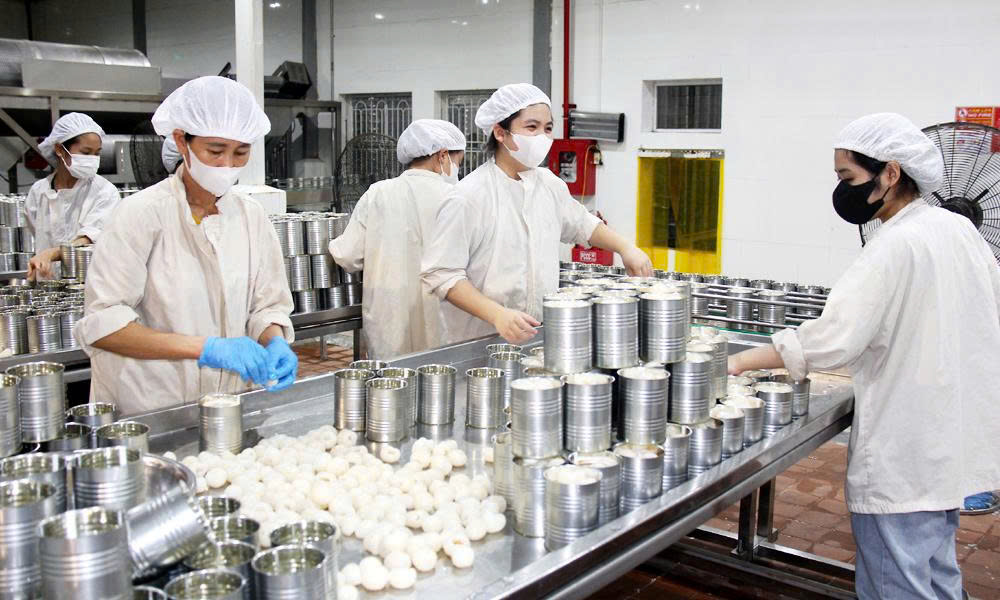 |
|
The lychee processing line of Global Food Import-Export JSC. |
With more than 10,300 hectares of lychee under cultivation, total output in the district is expected to reach around 60,500 tonnes. Of this, approximately 80% will be sold as fresh fruit while the remainder is being processed locally or sold to domestic processing facilities for drying, canning, juicing and other value-added production.
Deep processing has significantly boosted the economic value of lychees. Farmers now enjoy higher incomes and post-harvest pressures have been eased by distributing output across extended timelines.
Luc Ngan currently operates over 1,000 lychee drying kilns capable of processing more than 6,000 tonnes of fruit. Kilns are concentrated in several communes including Tan Lap, Phu Nhuan, Tan Quang, Deo Gia, Giap Son and the town of Bien Dong.
Several households and cooperatives have invested in advanced cold-drying and steam-drying equipment to improve product quality and market competitiveness. Notable examples include Phi Dien Agricultural Services Cooperative, Luc Ngan Xanh Cooperative, and Bang Thuy Agricultural Cooperative.
In Tan Lap Commune, where three drying kilns have been active since mid-June, farmer Hoang Van Coong in Trai Thap Village has dried nearly 20 tonnes of lychee so far this season.
“To achieve premium quality, dried lychees must have a light fragrance, chewy and sweet flesh that doesn’t stick to the touch, and a refreshing taste,” he explained.
With a strong supply of high-quality raw fruit this year, he expects to process up to 200 tonnes of fresh lychee. Each batch takes four days to dry and uses around six tonnes of fruit. If market demand strengthens, he plans to hire additional labor to ramp up production.
At Phi Dien Agricultural Production, Trade, and Services Cooperative in Phi Town, director Phan Van Net said his team has already dried more than 10 tonnes of lychee using electric kilns.
The cooperative aims to dry around 300 tonnes of fresh fruit this season, resulting in over 80 tonnes of finished product. Orders have already come in from exporters targeting markets in Europe and the US. The lychees are attractively packaged, traceable, and suitable as high-end gifts.
In recent years, Luc Ngan’s dried lychees have been successfully exported to markets such as China, South Korea, Australia, Japan, and Europe via agricultural export firms. Dried lychees offer longer shelf life, lower transportation risk, and are increasingly popular in high-end markets.
Many local producers now meet international quality standards, utilize QR-coded labeling for traceability, and are registered under Vietnam’s One Commune One Product (OCOP) programme. This recognition facilitates entry into domestic supermarkets, retail chains, and e-commerce platforms.
Beyond drying, several enterprises have scaled up processing operations this year. Global Food Import-Export JSC, based in Chu Township, plans to process about 5,000 tonnes of lychee into canned fruit, frozen fruit, juice, and other products.
A company representative noted that the local supply of fresh lychee is abundant and high-quality, and that farmers are delivering directly to their facility, reducing the need for widespread collection efforts.
With advance contracts secured and investments made in new equipment, the company has seen smooth operations so far. All production lines are currently running at full capacity, prompting the company to frequently advertise job openings to meet shipping deadlines.
According to the Luc Ngan Department of Economy, Infrastructure, and Urban Development, this season’s large lychee output has prompted local authorities to encourage more diverse processing efforts—including drying, juicing, tea production, confectionery, and cold storage—to extend shelf life and reduce bottlenecks.
| Luc Ngan currently operates over 1,000 lychee drying kilns capable of processing more than 6,000 tonnes of fruit. Kilns are concentrated in several communes including Tan Lap, Phu Nhuan, Tan Quang, Deo Gia, Giap Son and the town of Bien Dong. |
Other major processors like G.O.C Food Processing JSC (Lang Giang District) and Vifoco Import-Export JSC (Bac Giang City) have also ramped up lychee purchases from Luc Ngan to supply their factories.
Meanwhile, mobile traders and weighing stations have penetrated even the most remote villages to collect fruit for processing facilities in Thanh Hoa, Hanoi, Ha Nam, Hung Yen, and other provinces. Notably, more cooperatives and enterprises are investing in lychee-based product development, adding value and supporting tourism-oriented branding.
Currently, Luc Ngan produces a wide variety of processed lychee products including yogurt, wine, tea, cakes, detergents, and vinegar. These product lines diversify the province’s agricultural portfolio, enhance income for farmers, and open up opportunities for high-end gift and tourism markets.
With a combination of grassroots innovation, private investment, and strong local coordination, Luc Ngan’s lychee processing sector is shaping up to be a critical pillar in ensuring the sustainability and profitability of one of Vietnam’s signature fruits.
 Bắc giang
Bắc giang
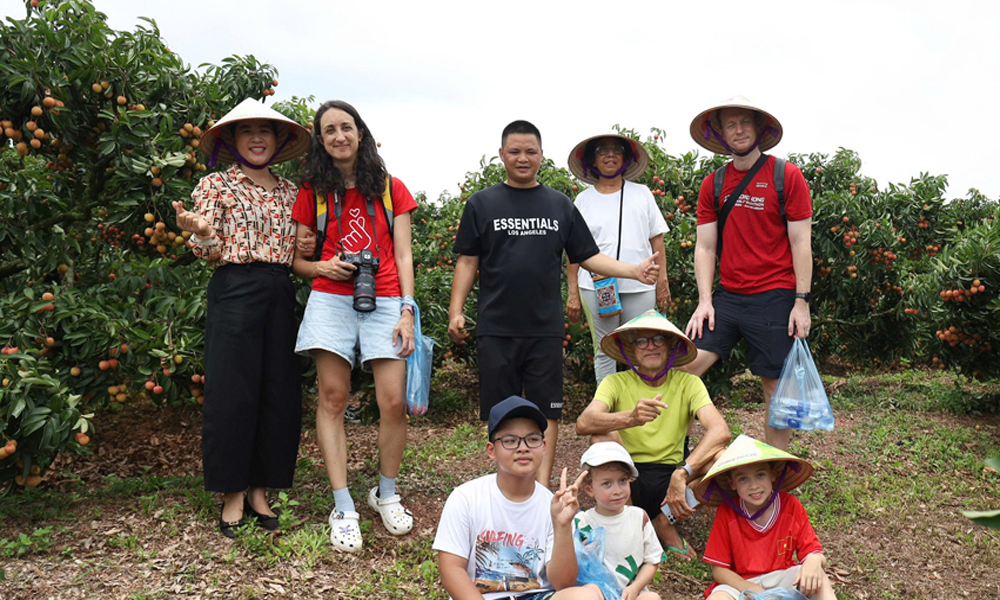
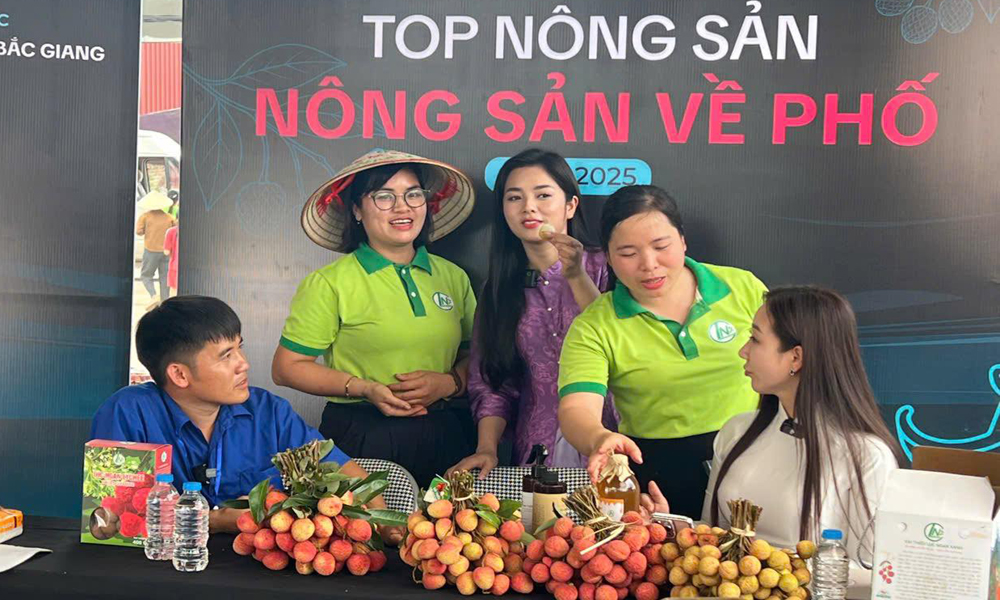


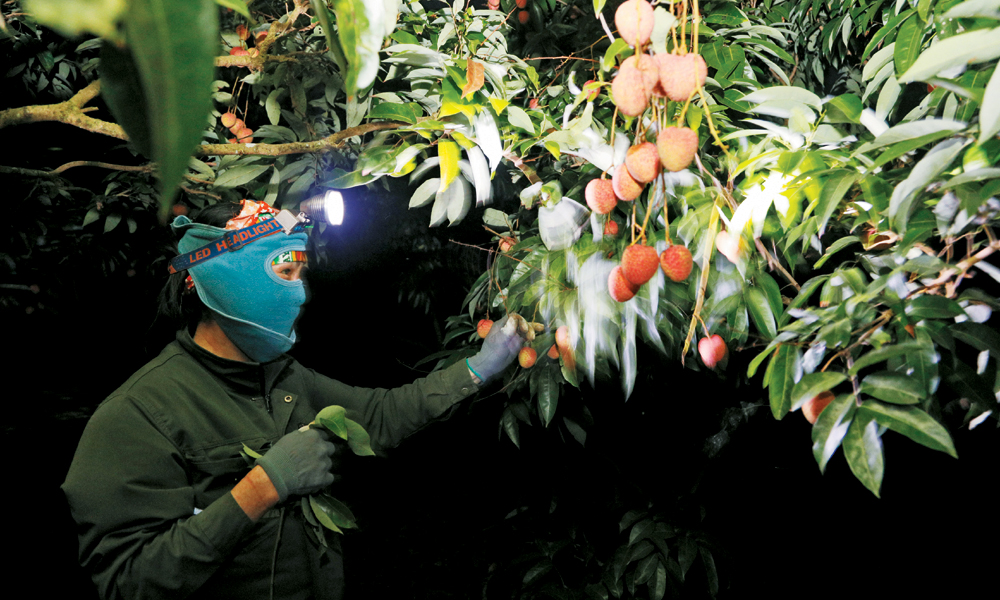
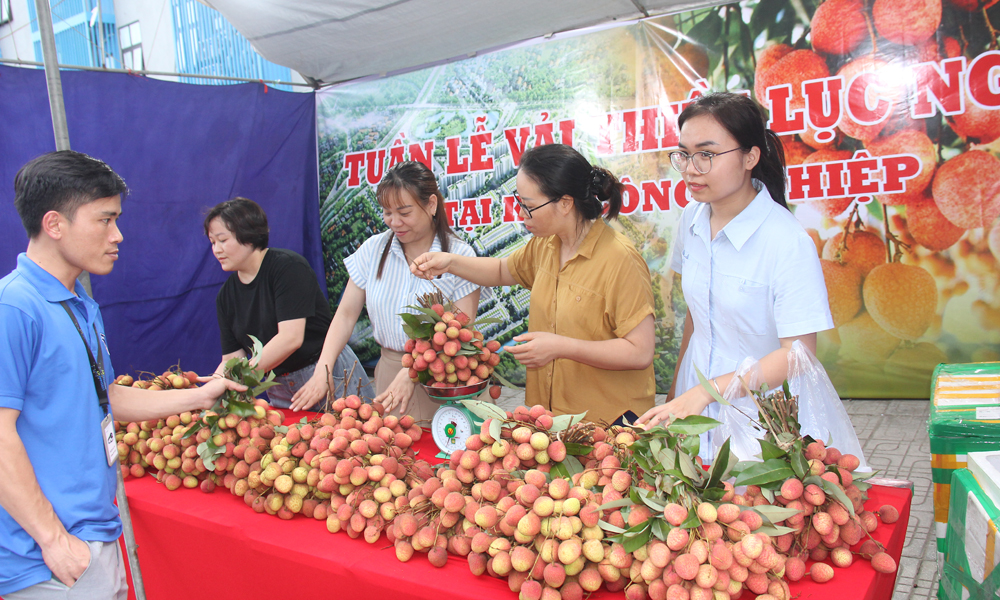
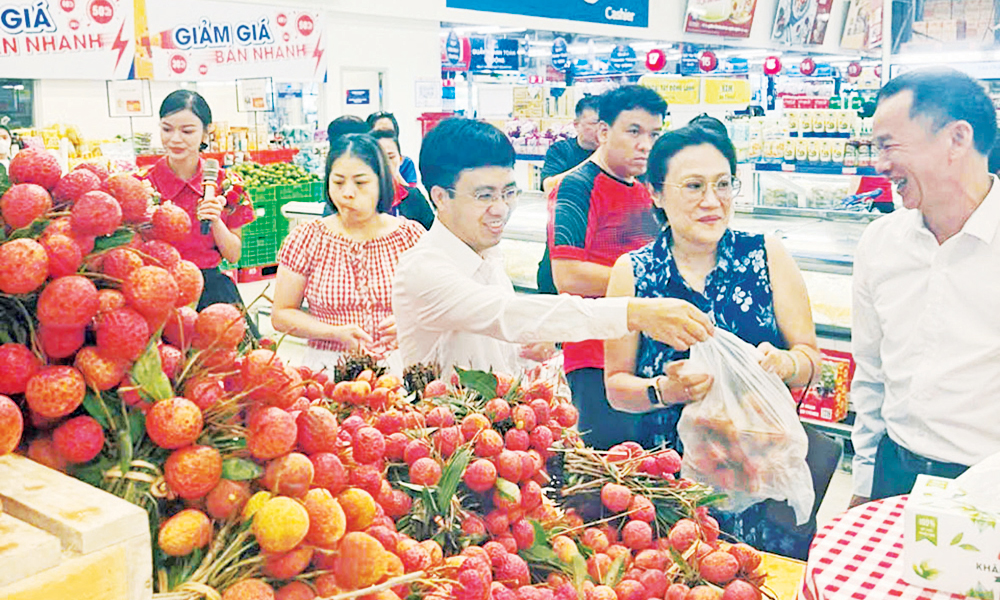

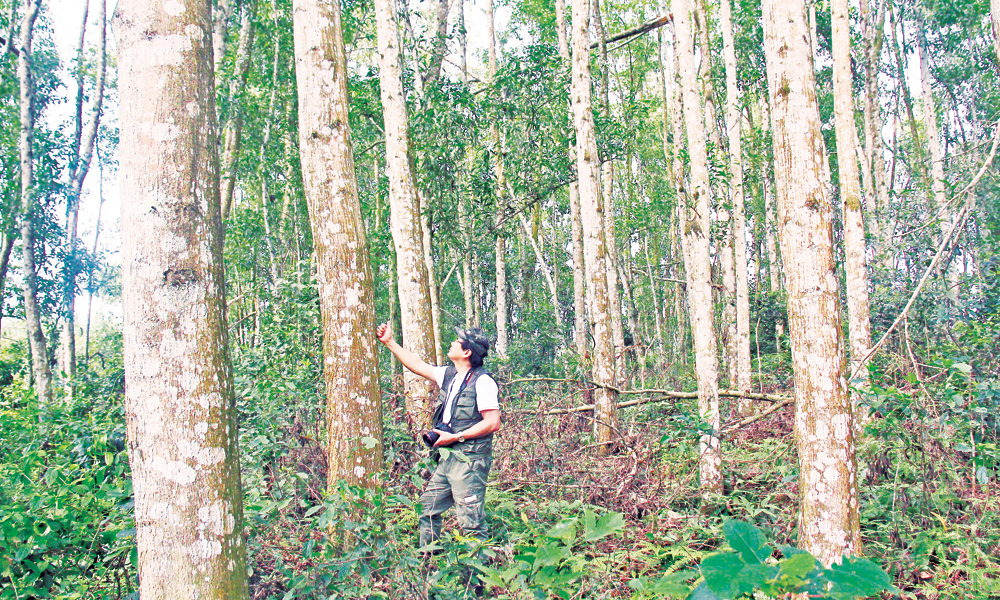
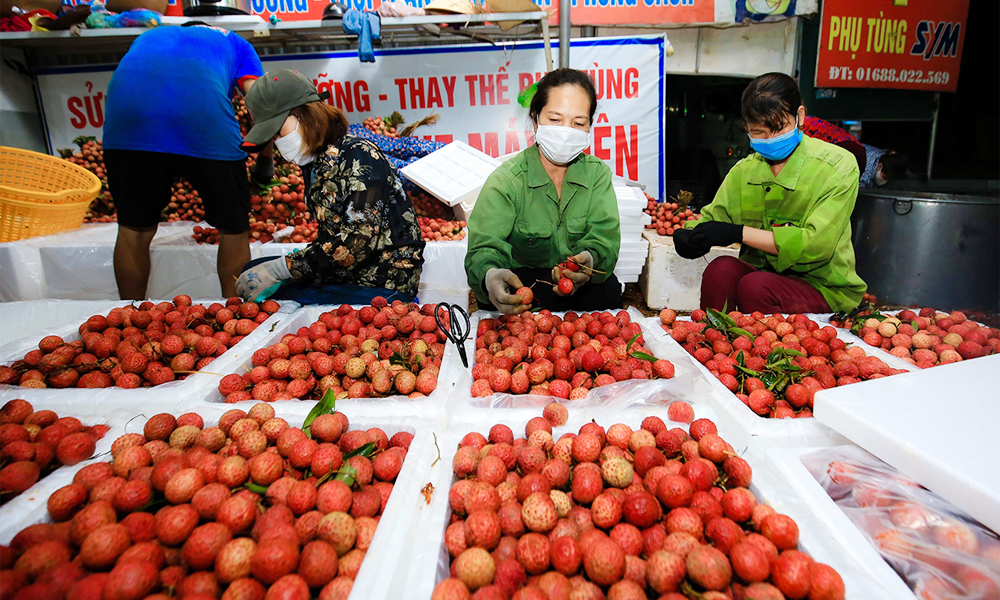


Reader's comments (0)